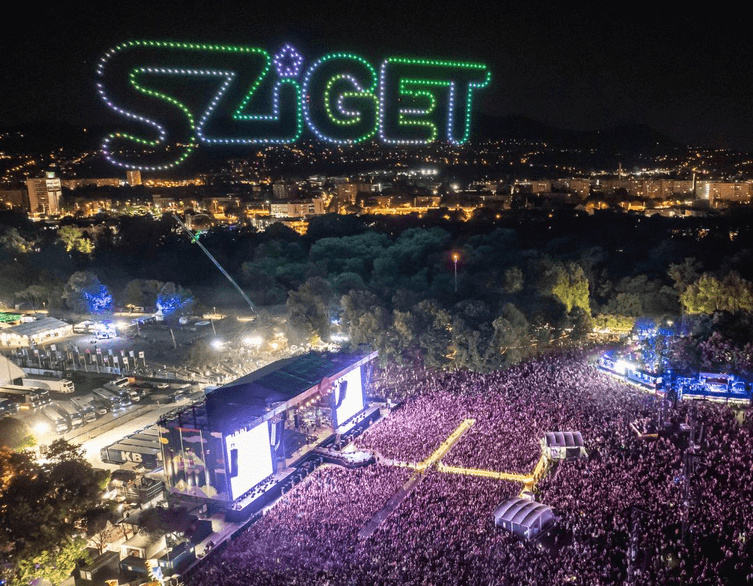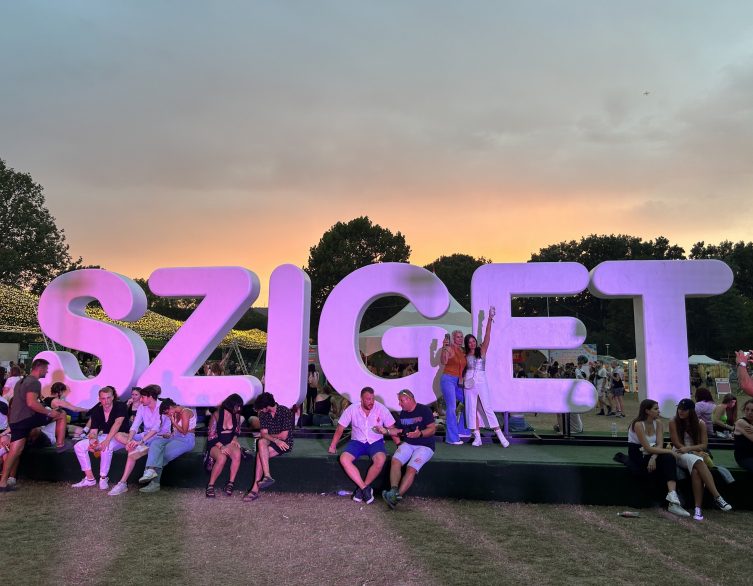The Future of Sziget Festival Hangs in the Balance

One of Europe’s most iconic music festivals faces an uncertain future as tensions emerge between Budapest’s city government and the company behind Sziget Festival. The beloved week-long celebration on Óbuda Island, which has drawn hundreds of thousands of international visitors to Hungary’s capital each summer, may undergo significant changes following recent business decisions.
Behind the Curtain of Uncertainty
Budapest Mayor Gergely Karácsony recently revealed he received a letter from the CEO of Sziget Zrt., the company organizing the festival, announcing their intention to terminate the existing agreement with the city. According to the mayor, this surprising move appears connected to business decisions made by the festival’s foreign ownership. While the specific details remain somewhat mysterious, the development has sent ripples of concern through both the local community and the international festival circuit.
The mayor emphasized that while Budapest shouldn’t interfere with private business matters, the city has a responsibility to protect the long-term survival of this cultural landmark. Sziget represents more than just a music festival—it embodies Budapest’s identity as a free, open, and diverse city that welcomes creative expression from around the world.
Financial Struggles Behind the Scenes
Understanding this situation requires looking at the financial reality facing Sziget Festival. Despite welcoming an impressive 416,000 visitors in 2024, the festival still hasn’t returned to profitability. Chief organizer Tamás Kádár acknowledged this challenge in August, though he noted improvements in performance indicators and expressed optimism about emerging from the difficult period that began around late 2022.
The numbers tell a sobering story. Sziget Kulturális Menedzsment Iroda Zrt., the company managing the festival, reported a staggering 3.8 billion forint loss in 2024. The previous year wasn’t much better, with losses reaching 1.8 billion forints. The company has struggled to maintain stability since the pandemic disruption, with losses of 1.4 billion forints in 2020 and 803 million forints in 2021. Interestingly, 2022 marked the only profitable year in this period, with earnings of 355 million forints—highlighting just how exceptional that recovery year was.
Best deals of Budapest
What This Means for Festival-Goers
For international visitors who have made Sziget Festival part of their summer traditions, this news naturally raises questions. The festival has become synonymous with Budapest’s summer cultural scene, offering an unparalleled experience where music lovers from dozens of countries gather on a picturesque island in the Danube. The week-long event features multiple stages showcasing everything from international headliners to emerging local artists, alongside art installations, cultural programs, and a vibrant atmosphere that captures the spirit of modern European youth culture.
Mayor Karácsony expressed hope that this contract termination doesn’t signal the end of an era but rather represents the beginning of something new. He suggested that if the festival’s future can be secured through business arrangements that preserve its core values, Budapest should remain open to these possibilities. This diplomatic approach indicates the city recognizes both the festival’s cultural importance and the complex business realities involved in maintaining such a large-scale international event.
The Broader Context
Sziget Festival stands as one of Budapest’s most recognizable brands internationally. For many young Europeans and global travelers, the festival serves as their introduction to Hungary’s capital. The event generates significant economic activity beyond ticket sales, filling hotels, restaurants, and bars throughout the city during what would otherwise be a typical summer week. The cultural impact extends even further, positioning Budapest alongside other European festival capitals and reinforcing the city’s reputation as a vibrant destination for creative tourism.
The situation reflects broader challenges facing major music festivals across Europe. Rising production costs, changing audience preferences, and increased competition from other entertainment options have squeezed profit margins. Many festivals have consolidated under larger entertainment companies seeking economies of scale, which may explain the involvement of foreign ownership mentioned by the mayor.
Looking Ahead
While the immediate future remains uncertain, both the festival organizers and city officials appear committed to finding a solution that preserves Sziget’s legacy. The mayor’s public statement emphasizes Budapest’s willingness to support the festival’s continuation, suggesting negotiations will continue behind the scenes. For visitors planning future trips to Budapest, this situation warrants monitoring, though no immediate cancellations or changes have been announced.
The story of Sziget Festival’s uncertain future illustrates the delicate balance between cultural preservation and commercial sustainability in modern event management. As Budapest and the festival’s management work through these challenges, the international community watches hopefully, recognizing that some cultural institutions matter beyond simple business calculations. The island that has hosted so many memorable summer nights deserves a future that honors its past while adapting to changing realities.
Related news

















